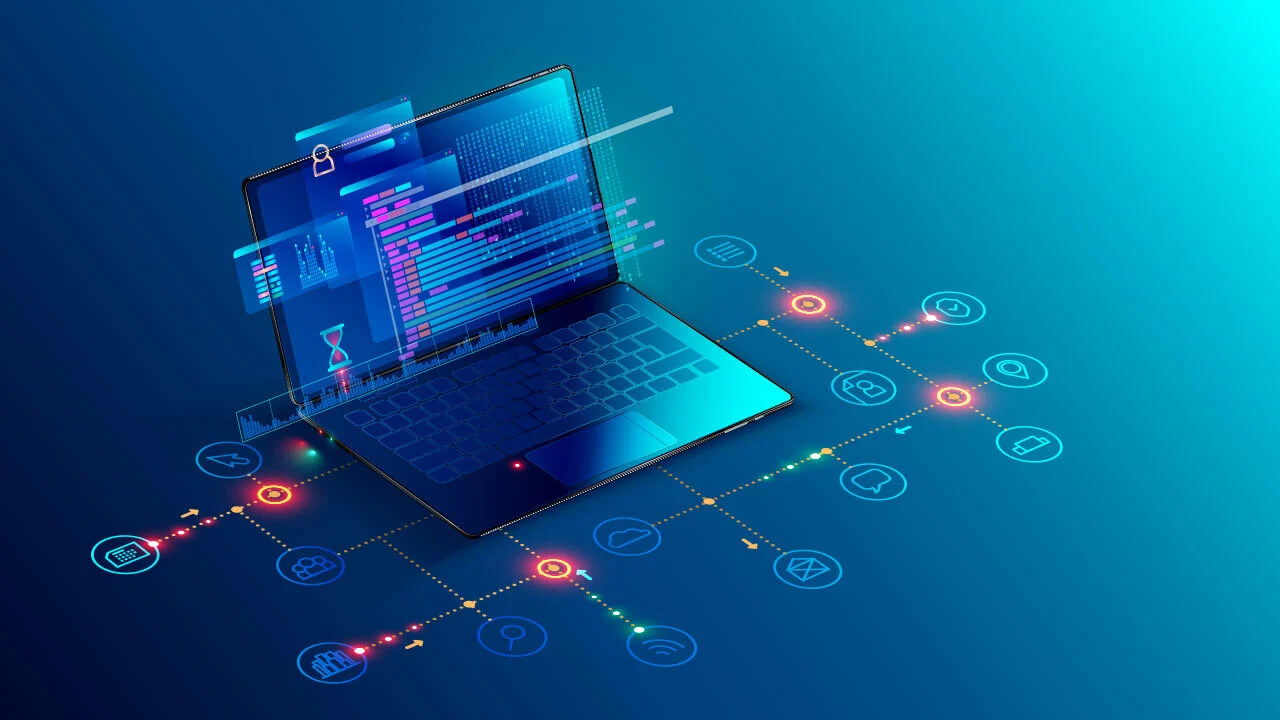What Is Computer Software?

Computer software refers to a collection of programs and related documentation needed for running a computer, in contrast to hardware which actually does the work.
Computers read input in human-readable languages and translate it to machine level code, enabling them to comprehend instructions being fed into them. This makes computers more efficient and reliable than humans at performing simple tasks.
System software
System software is the program responsible for managing a computer’s hardware, files and other system resources. This includes the operating system, middleware and utility programs.
The operating system (OS) is the most important type of system software, controlling hardware and other programs on a computer. Additionally, the OS performs other essential tasks like error detection and security.
System software such as device drivers is another type of system software. These enable a computer to communicate with hardware attached to it, typically provided inbuilt by the manufacturer with each computer.
System software also includes application software, which enables users to perform specific tasks on a computer. This type of program typically has user-specific functionality and is coded in high-level programming languages.
Application software
Application software is a type of computer program that automates certain tasks for its user. It helps people stay organized by handling functions like word processing, data management and presentation.
Businesses often rely on this type of software for project management and team collaboration, as well as to organize information and files.
System software, on the other hand, consists of programs running in the background to provide services to other application software. These functions include process management, memory management, task scheduling, hardware installation and more.
System software is typically written in low-level programming languages that are more compatible with system hardware. Examples of system software include operating systems and programming language translators.
System software is permanently installed on a computer system and cannot be uninstalled. It has been coded into the design of the operating system, so its removal could cause extensive harm.
Web browsers
Web browsers are computer programs that enable users to view information on the World Wide Web. This data may take the form of web pages, images, videos or other files connected by hyperlinks and organized using Uniform Resource Identifiers (URIs).
Browsers display this data through an HTML document, which outlines each element’s location. Doing this ensures the data is presented consistently across different browsers and websites, helping reduce compatibility issues between them.
Many popular browsers, such as Google Chrome, Mozilla Firefox, Safari, Opera and IE are free to download and use. Furthermore, these programs come with customizable options regarding privacy, security, interface design, shortcuts and other variables.
Machine languages
Machine languages, also referred to as machine code or object code, are a set of binary digits and bits that the computer reads and interprets. They vary for each computer; the precise machine language for a program or action may differ depending on its operating system.
A computer’s processor reads instructions in a program and executes them one at a time, such as “store a number” or “add two numbers.”
These instructions, written in a special format that computers understand, make up the machine code. These machine instructions can be represented as either a series of 0’s and 1’s or in hexadecimal form for easier reading.
Machine instructions consist of a large number of small numerical values, making writing programs entirely in machine code extremely challenging and error prone. That is why programming languages are often employed instead of machine codes when creating computer software.








